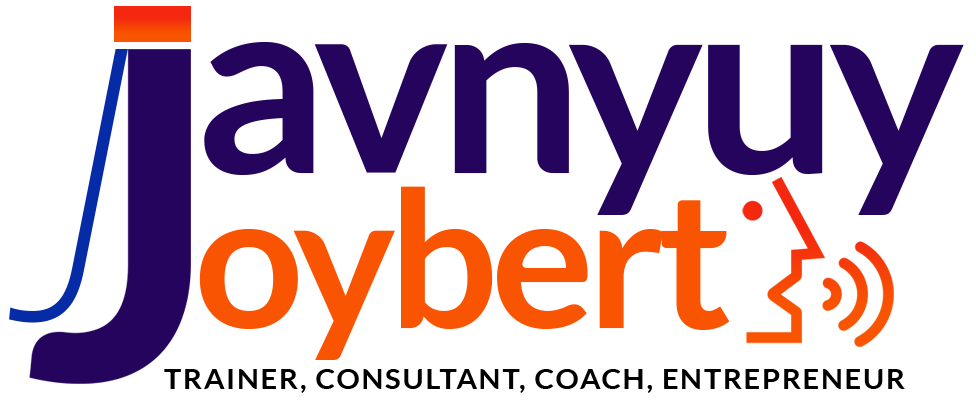You must have noticed in the last couple of days that many Cameroonians on social media have been commenting and complaining a lot about the ongoing inflation.
Many have started experiencing the increase in prices around daily living items. From cooking oil to bread to sanitary to some taxi drivers and commercial motorbike riders.
If you talk to many Cameroonians now what you will get is, the biggest financial problem now is financing the cost of living. Inflation is spiking, while salaries remain the same. Inflation is spiking, while we have not seen concrete action from the government, maybe in terms of better economic policies.
Late 2021, I wrote an article warning we may experience serious inflation in 2022. In February I wrote another article calling on entrepreneurs and business people to have a plan in place on how they will tackle the issue of inflation.
In Cameroon, the inflation is spiking as days go by as a result of some of following;
– The ongoing crisis in North West & South West Regions: These regions are not 100% economically and the government is losing money. It is the seamless movement of goods, services, money, people, and functioning institutions that makes up an economy. The food supply that leaves these regions to the rest of the country has been handicapped for years.
– Heavy economic mismanagement: With the high corruption and mismanagement of public funds for personal gains, it reduces the general value creation and monetization which could have benefited the general public thereby facilitating economic activities. For example, money meant for farm to market roads, meant for building of local markets etc are in the pockets of individuals.
– COVID19 which hit the global value chain definitely is still affecting Cameroon. It led to the export reduction of our commodities coupled with the drop in price in the international market.
– What about the war between Russia and Ukraine? Since we still have a weak and struggling agricultural sector also plagued with serious embezzlement. “Cameroon’s government says Russia’s war on Ukraine is responsible for a wheat shortage that has led to a 40 percent increase in the price of bread. The central African state is encouraging local substitutes like cassava and yams to replace the wheat usually imported from Russia and Ukraine” VOA News.

– In adequate skills among Cameroonians. Here, I will focus on inadequate digital/virtual skills. It is still a challenge for many Cameroonians to live in Cameroon and make money from other countries. In the midst of inflation it will be a plus if more people can make money from bigger economies. The challenge of poor internet, unstable electricity, and receiving seamless online payment also comes into play.
The question is what is the way forward for individuals and businesses?
Government:
– Let us hope our government leaders with their economic technical advisers will wake up and do their job. Will they reduce importa taxes? Will they reduce VAT on basic products?
– It is high time our government leaders are really serious about consuming and promoting made in Cameroon. If Cameroon will reduce inflation, the government must practically wake up and enforce policies that will lead to the mass functioning of local companies. Local production must wake up.
– Should the price control department sit up? They should take actions to prevent businesses from charging certain goods and services above prices and should be in the field (markets) to actively control.
– Before our local companies can rise to meet the demand, maybe the government should permit duty-free imports of certain consumer goods.
Individuals:
– Individuals can start by checking their spending habits. Stop spending money on unnecessary stuff. Stop spending money to prove a point you are doing well. Conserve cash as much as possible so you can spend on basic necessities (focus on making a living).
– Manage utilities: For example, if you used to sleep with lights on, maybe it is time to start putting it off. You used to wash your car at home 2 times a week, maybe you reduce it to once a week. I am not saying you should punish yourself, I am saying you should cut out some excesses.
– Diversify your income. Seek more passive ways to make money and if possible find ways to make money beyond your country. You can order any of the following courses 1) Sources of Passive Income in Cameroon & Africa 2) How to Become a Corporate Community Manager (Income Skill) 3) Affiliate Marketing Techniques Course 4) Techniques to Build an International Career Using Social Media Whatsapp: +237 674949153 to order
– Take care of your health. Preventive actions are critical now. It is better to go through the process of washing your hands than contacting bacteria and spending money in the hospital. That money should go for food!
– Have a budget. It could be a weekly or monthly budget. This will help you to avoid impulse buying. You see something you want to buy but is not in your budget, it can wait. Having a budget is the best way to keep costs under control.
– Maintain a good saving habit if you can. The truth is we do not know how long this inflation will last. Keep saving.

Businesses:
– For any business to grow and remain sustainable, that business needs committed and skilled employees. I therefore recommend founders/CEOs to increase (if they can) salaries or create inflation allowance for their employees. This can lead to motivated employees who will be willing to go the extra mile for the business thereby bringing more sales and profitability. Increase salaries, create realistic KPIs and hold them accountable to deliver. Also upskill and reskill your staff to be competitive. Check skill courses here https://selar.co/m/JJ
– With inflation affecting the amount of imports into the country, local SMEs should improve on their product quality, do their best to meet quality standards, intensify marketing, customer acquisition, set competitive (lower but profitable) prices and they will sell more. In the midst of inflation, it is not time to make abnormal profit but it is time to be profitable enough to stay in business.
– Can you retailor your business to focus on inflation favourable sectors? If you have the resources and expertise, you can start a business or expand your business into those sectors that grow more profitable in the midst of inflation. For example agriculture because people must eat. Education, people must go to school.
– Reduce unnecessary cost and expenses. Go through your operations. What can you stop doing? What can you reduce? What can you start doing?
In all of this, no matter what happens, keep believing in future possibilities. Als put God first place. While you work and do your best, also remember God’s plans for you. “And my God will meet all your needs according to the riches of his glory in Christ Jesus” Philippians 4:19
Pick what works for you, learn where you can, disagree where you can but in all thy doing, keep growing.
Cheers
Dr. Javnyuy Joybert
